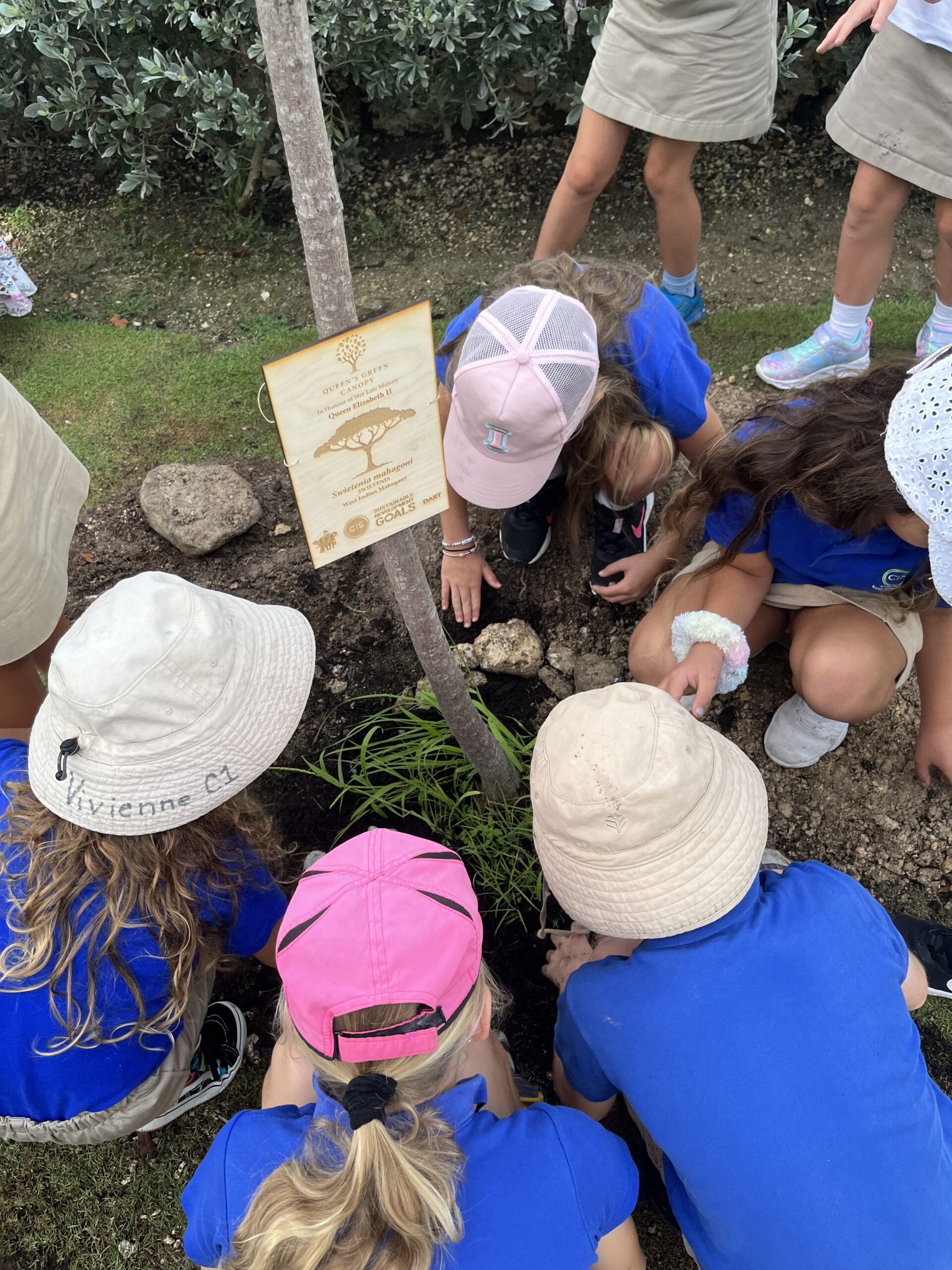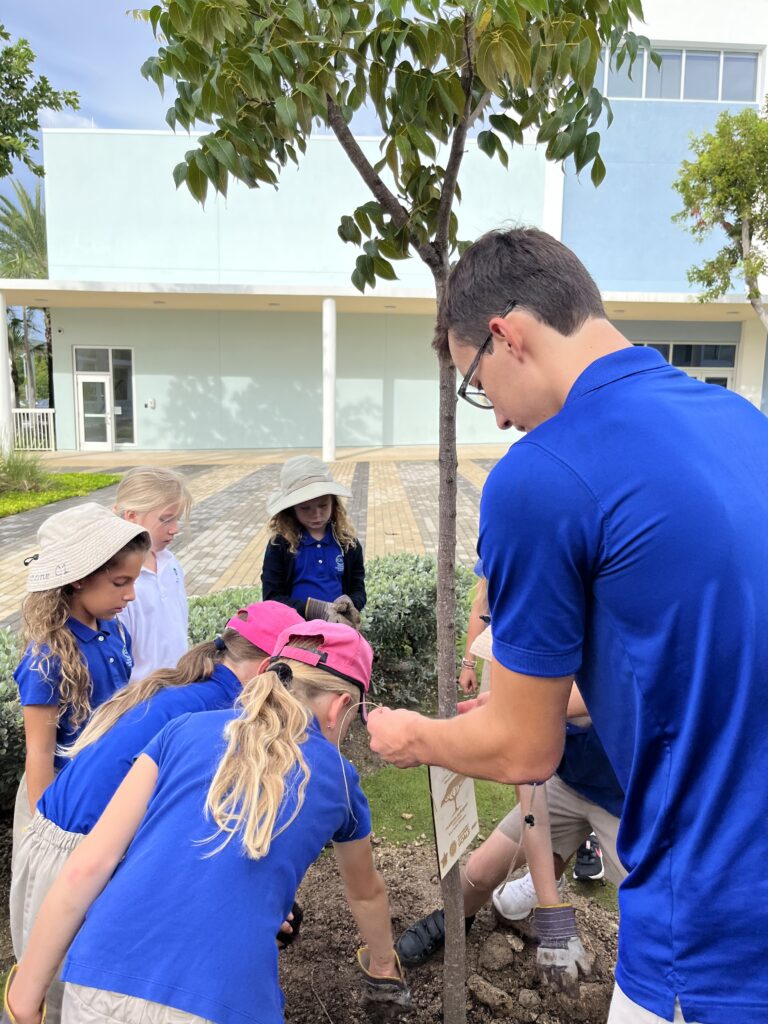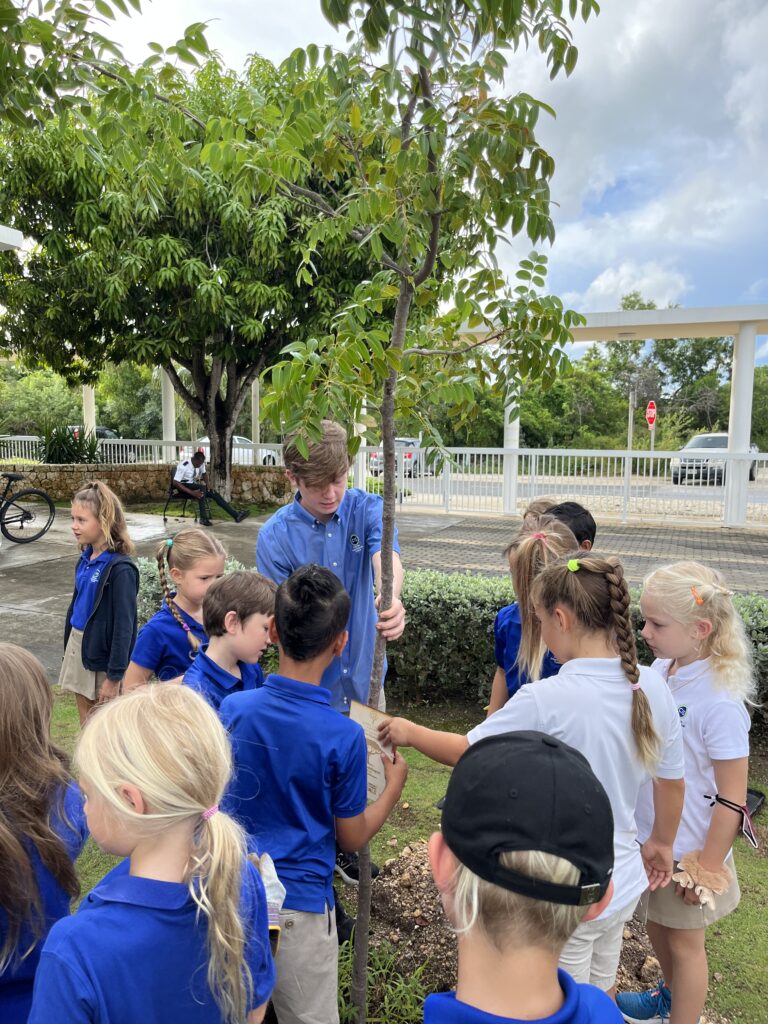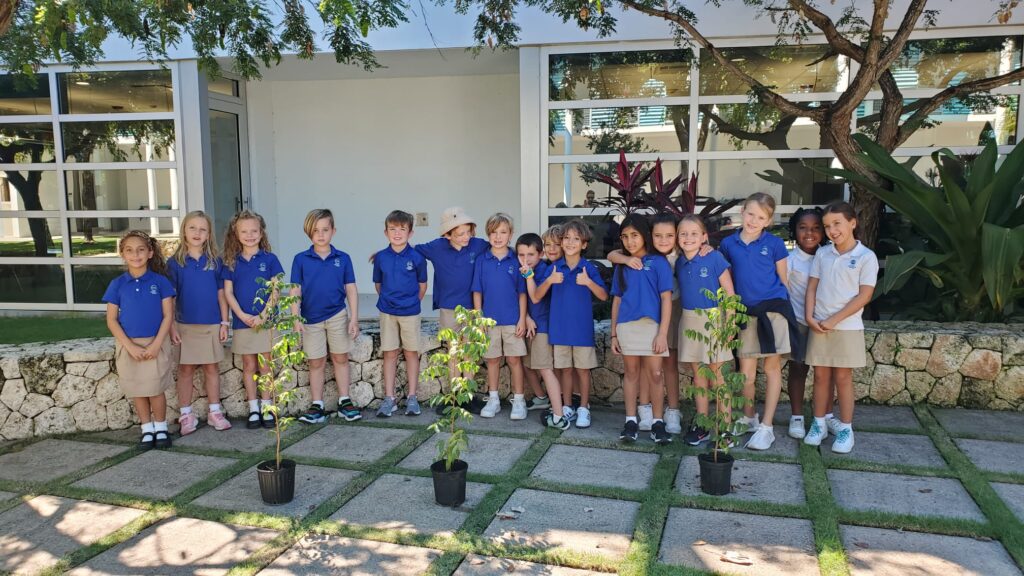
National Plant Something Day on May 19 is an annual event that encourages individuals, schools, and organisations to participate in tree planting activities to support local biodiversity, combat climate change, and create a more sustainable and climate-resilient future. In the Cayman Islands, this day holds special significance, as it not only celebrates the beauty and importance of trees, but also pays homage to the late Queen’s legacy and promotes community well-being.
Hannah Reid, Communications Specialist at the Ministry of Sustainability & Climate Resiliency delves into the remarkable initiatives undertaken by the Ministry and explores the numerous benefits of tree planting in the Cayman Islands.
Honouring Her Majesty’s Legacy
In 2022, the Ministry of Sustainability & Climate Resiliency launched the ‘Plant a Tree for the Jubilee’ initiative, which aimed to plant 70 native, endemic, or fruit trees in each constituency, including 70 Mahogany trees across all three islands. Although the programme was initially intended to celebrate the Queen’s Jubilee, it continued after her passing as a tribute to her legacy while benefiting future generations. By planting trees with cultural significance, such as Mahogany, Cabbage, Strawberry, and Cayman Sage, the initiative not only supports local biodiversity but also bolsters community well-being and combats climate change.
Tracking Progress and Involving the Community
To ensure transparency and encourage public participation, the Ministry created a digital map where tree plantings can be registered. This map helps to count tree plantings towards the national goal of enhancing the tree cover across the islands. It allows individuals, schools, and organisations to pin their planted trees and contribute to the overall vision of a greener and more sustainable Cayman Islands. You can see the map here.
The Power of Trees
Trees are invaluable allies in our efforts to create a sustainable and climate-resilient environment in the Cayman Islands. They play a crucial role in improving the built environment, combating climate change, supporting biodiversity, and enhancing community well-being. By focusing on native and endemic species, the Queen’s Jubilee tree planting initiative ensures that the trees planted are well-adapted to the local ecosystem, contributing to a healthier and more balanced environment.


Regenerating Wild Areas and Creating Sustainable Communities
Conserving existing trees and planting new ones, particularly endemic and native species, are crucial steps toward regenerating wild areas, creating more sustainable communities, and safeguarding the Cayman Islands for future generations. These efforts help preserve the natural beauty of the islands while providing habitats for diverse flora and fauna, maintaining ecological balance, and mitigating the impacts of climate change. National Plant Something Day serves as a reminder of the collective responsibility we have to protect and nurture our paradise.
Free Trees for All
Thanks to a generous donation from Rotary Central Cayman Islands, the Ministry is pleased to offer up to 10 free native, endemic, or fruit trees to individuals, schools, and organisations for planting in community spaces. This initiative ensures that everyone has the opportunity to contribute to the greening of their surroundings and experience the benefits of a thriving natural environment. Learn more about the project, request free trees, and pin your planted trees here.
A day to celebrate
National Plant Something Day in the Cayman Islands is not only a day to celebrate the beauty and significance of trees but also a testament to the commitment of the community toward creating a sustainable and climate-resilient future. Through initiatives like ‘Plant a Tree for the Jubilee’ and the generous donation of free trees, the Ministry of Sustainability & Climate Resiliency and Rotary Central Cayman Islands hope to inspire individuals, schools, and organisations to take part.

